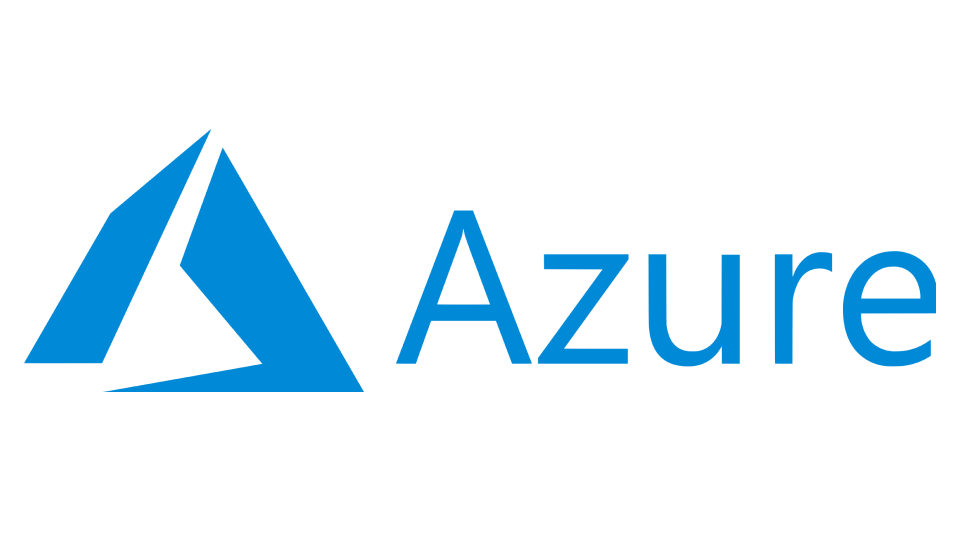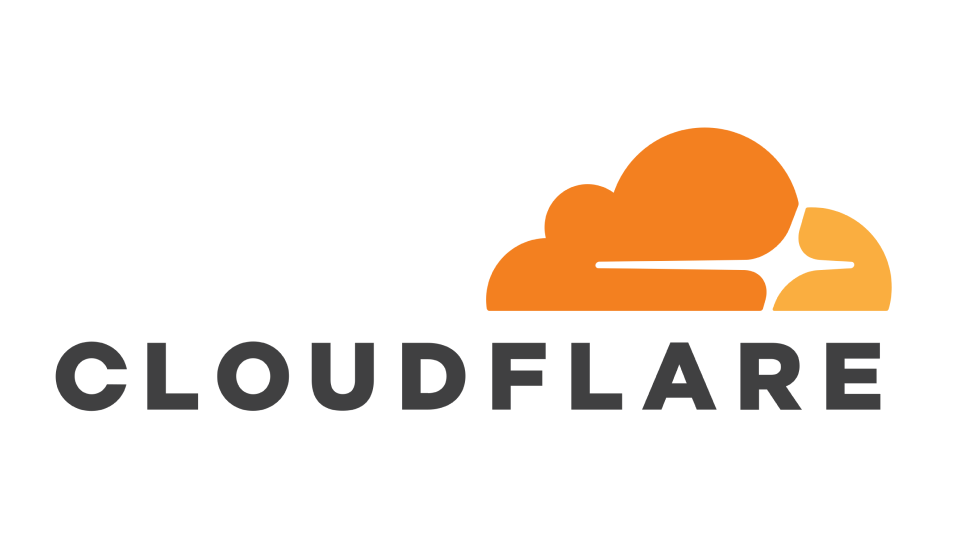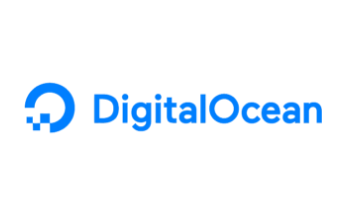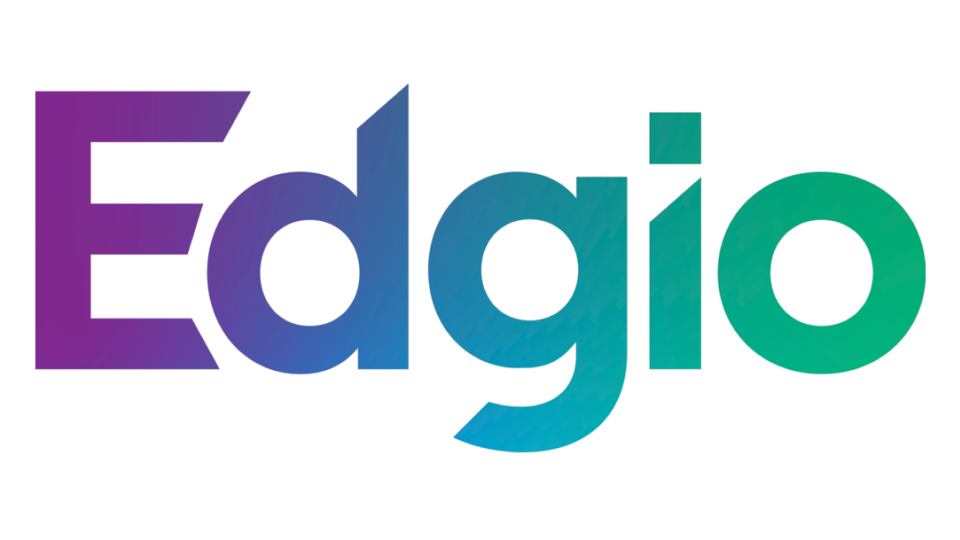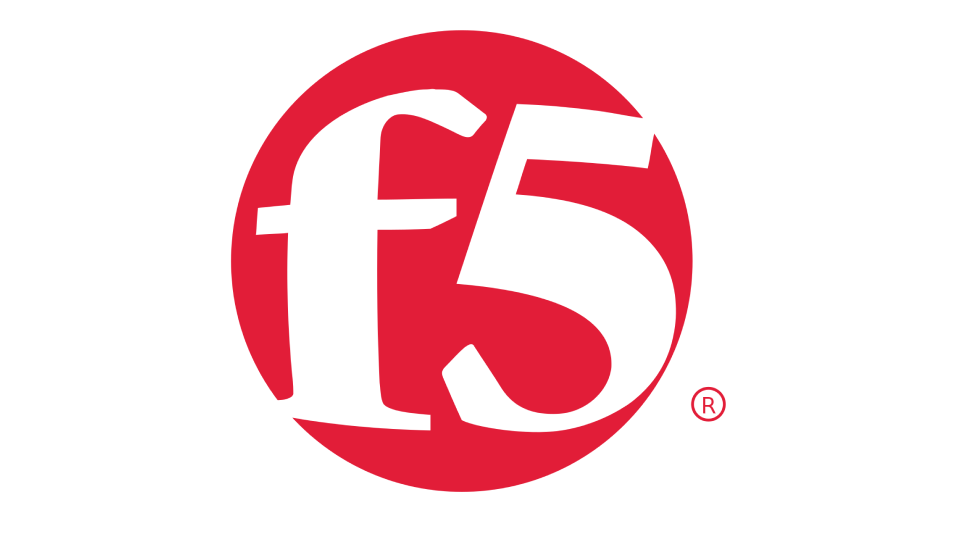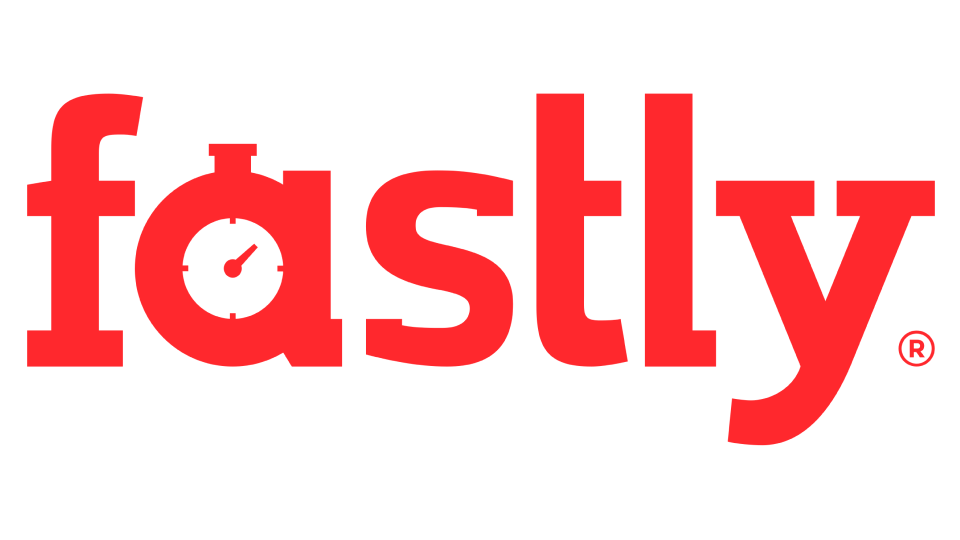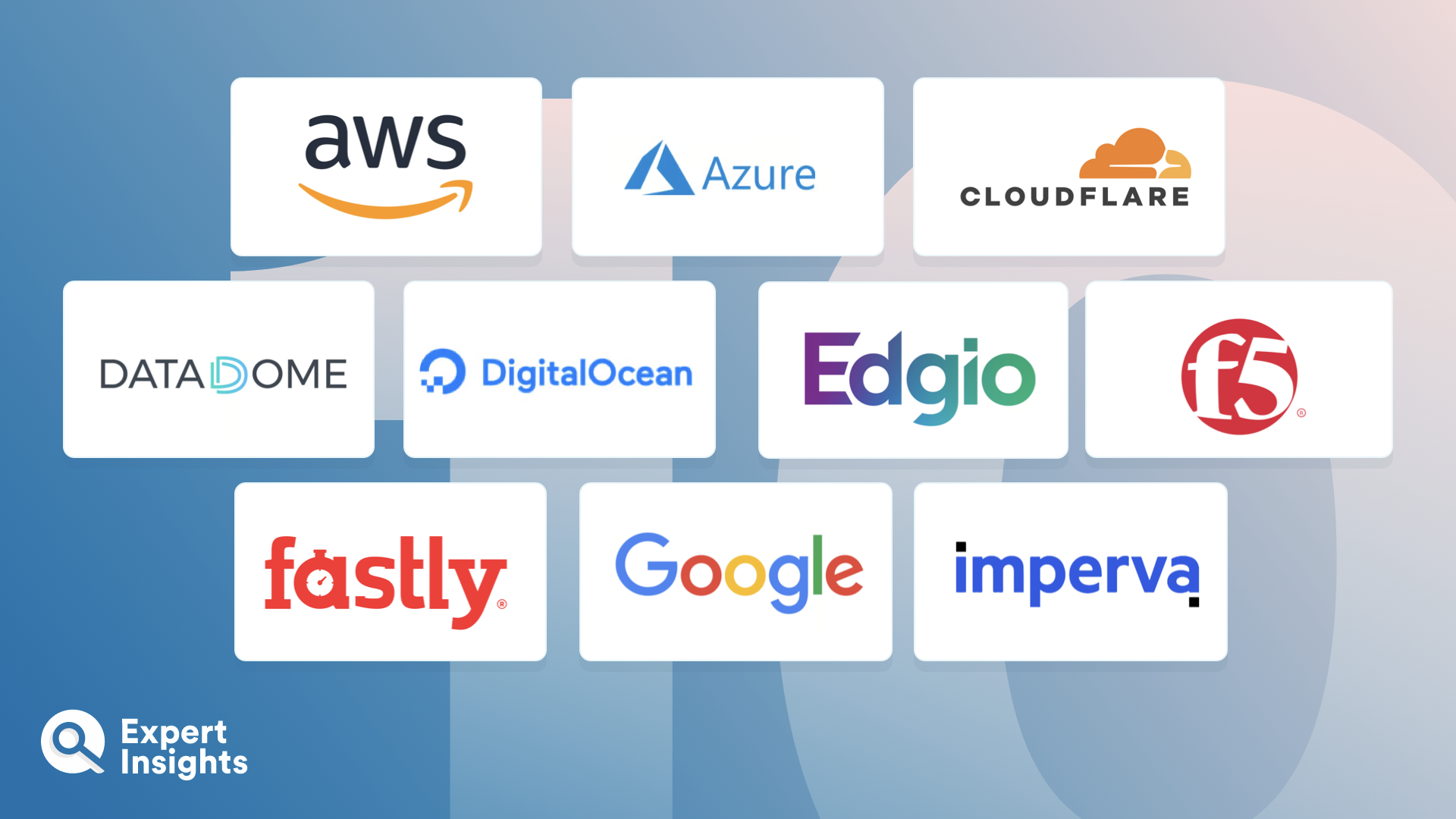Akamai Technologies is one of the most recognizable names in distributed cloud computing, providing fast, reliable, and secure online experiences to users globally. There are, however, many strong alternatives on the market that may better match your organization’s specific requirements.
When selecting a Content Delivery Network (CDN) service, businesses should be mindful of the host’s edge server location, pricing, customer support, and key features. Each of the vendors included in our list has been evaluated as a good alternative to Akamai, meaning that their capabilities echo Akamai’s in some way, but may have key differences in their capabilities, scale, pricing, etc.
The vendors on our Top Alternatives to Akamai shortlist were chosen based on their features sets and market presence, as well as user reviews and the in-depth appraisal of our in-house technical team.




